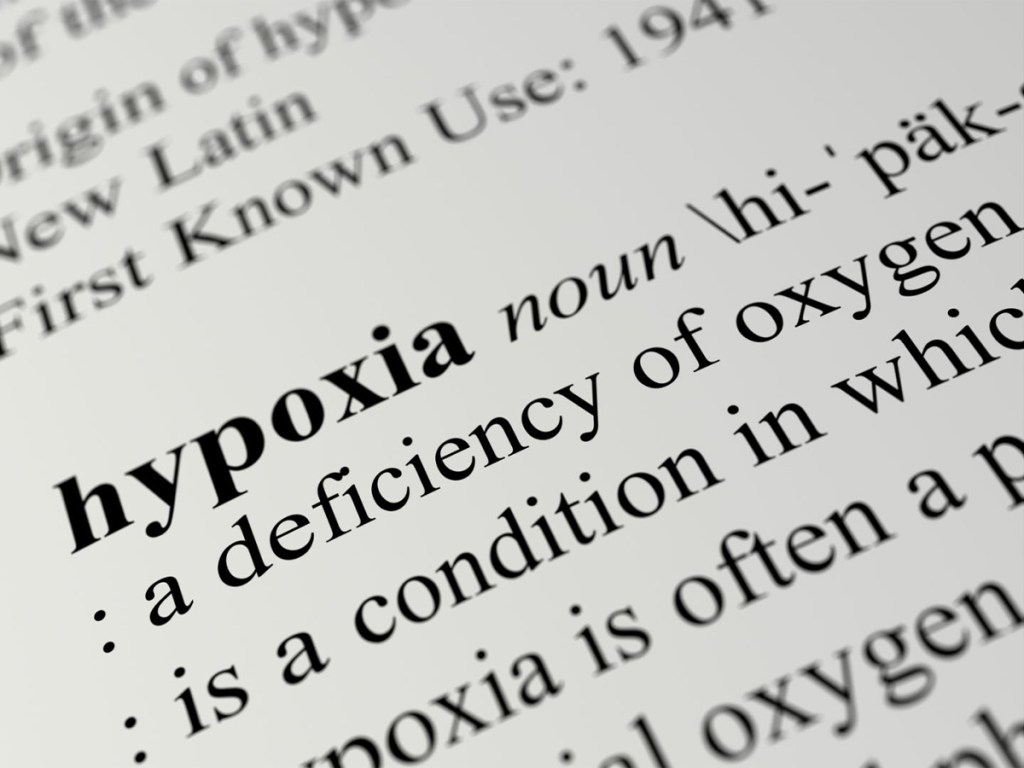America seems to be in a constant losing battle with its weight. We’re bombarded with one fitness expert’s opinion weighed against some revolutionary kale juice slurpy. Do this routine and try to avoid the junk food that’s been scientifically designed to make you dream about having it. Most recently, research has actually come to the rescue with something more than wishful thinking. A science of weight-loss drugs that literally works miracles. But at what cost?
Dr. Nicholas Cozzi, director of emergency medical services at Rush University Medical Center, wrote a 2025 article in Time, “The Heavy Cost of Using Weight-Loss Drugs to Get Skinny.” There’s no doubt that these new drugs help people lose weight. Some people have incredible physical changes. However, is it treated so casually that people put themselves unnecessarily at dangerous risk?

Dr. Cozzi writes, “Some people are trading medical risks for the cultural reward of becoming thin—chasing a body ideal without always understanding the hidden cost.” He continues, “… these medications were originally developed to help people with diabetes manage their blood sugar. Now, the cultural rush for thinness is reshaping who gets access to drugs which were once reserved for chronic illness.”
What’s so amazing about these weight loss drugs?

Obesity is a global challenge leading to early morbidity and mortality. In the United States, the figures are staggering and rising. The National Center for Health Statistics released a 2024 study revealing that over 40% of adults were experiencing weight challenges, and 9.4% were considered severely obese. The research states, “Obesity is a chronic condition that increases the risk of hypertension, type 2 diabetes, coronary heart disease, stroke, and certain cancers.” This is a problem, and people need help.
Traditionally, the only solutions available were diet and exercise. However, research now suggests the problem is so much larger and more complex than simple, yet difficult, behavioral changes. The need to find new ways to change the chemical and neurological pathways that govern hunger led to groundbreaking research.
Weight-loss drugs work. They can take significant fat and pounds off a person with little change to their daily routines. A 2022 study in The New England Journal of Medicine reported weight loss of 16% to 23% after only 72 weeks for users of Tirzepatide medication. A 2021 study reported in the National Library of Medicine on the drug Semaglutide had similar effective results. “In participants with overweight or obesity, 2.4 mg of semaglutide once weekly plus lifestyle intervention was associated with sustained, clinically relevant reduction in body weight.”
If the drugs work so well and the FDA has approved them for the public, what’s the big problem?

Dr. Cozzi says in his Time article, “To be clear, I am not condemning weight-loss drugs or the people who take them. But we need to confront the high price we often overlook in the race to get skinny. We should ask critical questions now because we are at a cultural crossroads. And as these medications redefine medicine, perceived body image, and healthcare access, we must reckon with the medical and psychological fall out left behind.”
Here are some of the risks and side effects attributed to weight loss drugs:
- Stomach problems: (nausea, vomiting, diarrhea, constipation, intense stomach pain). A 2025 study in the National Library of Medicine found gastrointestinal-related issues were almost twice as likely compared to those taking a placebo. It urged vigilant monitoring of patients, especially during early treatment.
- Mood changes: (depression, anxiety, suicidal ideation). A 2023 study published in the National Library of Medicine stated, “Notably, patients on GLP-1 RAs exhibited a 195% higher risk of major depression, a 108% increased risk for anxiety, and a 106% elevated risk for suicidal behavior.” The study discussed the urgent requirement for further trials to understand the magnitude of the mental health implications.
- Organ concerns: (kidney issues, pancreatitis, gallbladder problems, thyroid concerns, eye problems). Serious, although less common, physical ailments can result from the medicinal treatments. Multiple studies published in the National Library of Medicine discuss ailments like kidney injury, cholecystitis, pancreatitis, and serious liver concerns.















